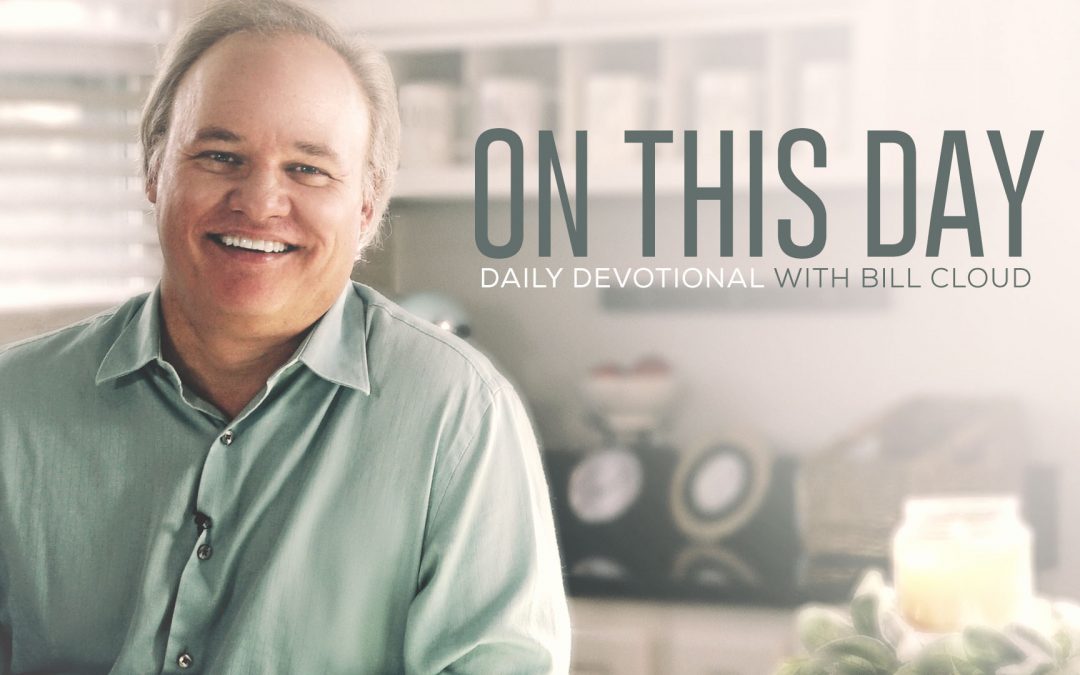Today, the 21st day of Tishri, is referred to as Hoshanah Rabbah, which is, literally, the “Great Save Us.” It was on this day that the priests performed the water libation ceremony, thus the reference to living waters by the Messiah in the gospel of John.
“On the last day, that great day of the feast, Yeshua stood and cried out, saying, ‘If anyone thirsts, let him come to Me and drink. He who believes in Me, as the Scripture has said, out of his belly will flow rivers of living water.’” (John 7:38).
As interesting as that is, centuries later, another significant event took place on the 21st of Tishri In 1492, Christobal Colon, better known as Christopher Columbus, first sighted the New World. That is particularly interesting considering there were several Jews on the expedition. In fact, some historians are convinced that Columbus was a Jewish converso; one who had converted to Christianity.
The tale grows even more intriguing considering that Columbus postponed his departure from Spain by one day, avoiding launching the journey on the 9th of Av – a very ominous day in Jewish history. That delay resulted in sighting land on the “last, great day of the feast,” Hoshanah Rabbah, That is significant.
We know there were Jews on this expedition and it seems logical to assume that at least one of them would have recognized the significance of sighting land on the day regarded as the “Great Save Us.” Furthermore, it is logical to presume one of them would have recited the prayers of Hoshanah Rabbah which includes the following request:
“Plant us upon a fruitful sod and make us Thy chosen vineyard.”
On the day Judaism prays, “Save us,” Columbus’ expedition opened the door to a New World; one that would prove to be a safe haven for the Jewish people. This is accentuated by the fact that one of the last scenes Columbus witnessed before embarkation was throngs of Jews clogging the ports of Spain, forced out by the expulsion edict of 1492. It would seem that God used Columbus to point the way to a “fruitful sod” and “chosen vineyard” where His people, Jew and non-Jew alike, could be planted to grow in relative peace.
Over 500 years later, we find ourselves in a time when spiritual darkness is permeating the entire world, including the place that was chosen as a vineyard and fruitful sod. The world, including America, is becoming increasingly uncomfortable and unwelcome for God’s people. As the darkness encroaches we look heavenward, once again, and cry out for our Creator to save us.
“Save now, I pray, O Lord; O Lord, I pray, send now prosperity. Blessed is he who comes in the name of the Lord!” (Psalm 118:25:26)
This particular prayer says, “save us, now,” which in Hebrew is Hoshia na (Hosanna). It is from this plea to save that we get the concept of Hoshanah Rabbah. Prophetically it speaks of the Messianic Kingdom when God will gather all of His people and bring them back into the land that He swore to Abraham, to Isaac and to Jacob. As that day approaches and the darkness encroaches, we are being provoked more and more to call out to Him to save us and plant us upon a fruitful sod. We long for that day and time when we will say, “Blessed is He who comes in the name of the Lord.” In that day, we shall all live together under the Kingship of the Messiah.
There’s no better time than today, Hoshanah Rabbah, to look toward to the day when we are all gathered together unto Him. Soon our King will reign from Jerusalem and will bring all nations under His authority. Even so, come Lord Yeshua.
Shalom!


Recent Comments